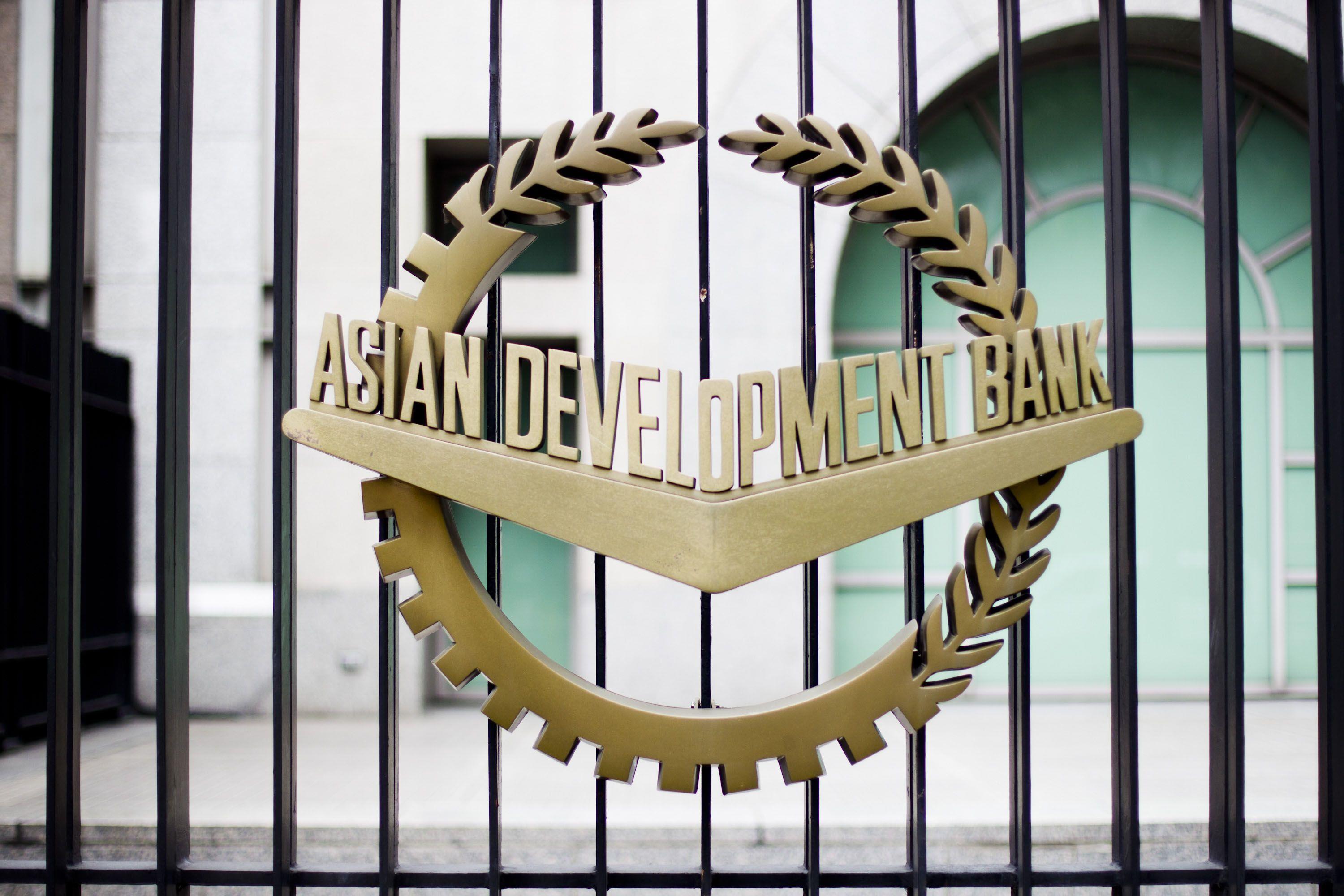Phnom Penh (FN), April 3 – Following a very strong economic performance last year, Cambodia will likely see moderate, but still robust, growth, with the economy expected to expand about 7% this year and 6.8% next year, according to a new Asian Development Bank (ADB) report released 3 April 2019.
With a slowdown forecast in the advanced economies and the People’s Republic of China—major destinations for Cambodian exports— growth will likely soften for Cambodia’s exports and the tourism sector, according to the Asian Development Outlook (ADO) 2019, ADB’s flagship annual economic publication.
“Cambodia is projected to exhibit high economic growth over the next two years, despite a weakening external environment,” said ADB Country Director for Cambodia Ms. Sunniya Durrani-Jamal. “A key driver of growth in the future will be improving the quality of Cambodia’s human capital, including technical and vocational skills, to meet the demand of the private sector.”
Growth of industrial output is likely to ease from an estimated 10.8% in 2018 to 10.1% in 2019. Growth in services is expected to moderate slightly, from 6.9% last year to 6.8% in 2019. The agriculture sector is projected to grow 1.7%, down from 1.8% last year. Fiscal deficit is planned to narrow to 4.5% of gross domestic product this year, compared with the 5.1% budgeted by the government last year.
With growth softening, the country’s current account deficit should decrease this year and next, the report says. Inflation is expected to average around 2.5% in both 2019 and 2020. Buoyant investment inflows should more than offset the current account deficit and build up gross foreign reserves to $12 billion in 2019, covering about 6 months of imports.
Challenges remain. The global economic slowdown can be sharper than anticipated. The European Union is discussing a possibility of suspending trade preferences for Cambodia under the Everything But Arms scheme. High credit growth and a concentration in the real estate sector pose risks to financial sector stability. Another key risk is a possible drought this year.
The ADO 2019 highlights the critical challenge of the so-called skills gap, which is caused by a mismatch between skills supplied by the existing workforce and those demanded by employers. More qualified teachers are needed, as well as financial support for poor, high-performing students, to help keep them in school and learn skills demanded by employers in the digital age.
ADB is committed to achieving a prosperous, inclusive, resilient, and sustainable Asia and the Pacific, while sustaining its efforts to eradicate extreme poverty. In 2018, it made commitments of new loans and grants amounting to $21.6 billion. Established in 1966, it is owned by 68 members—49 from the region.





